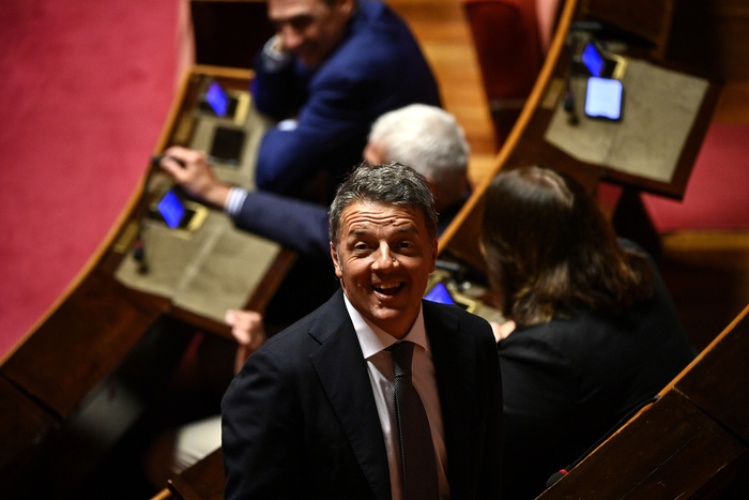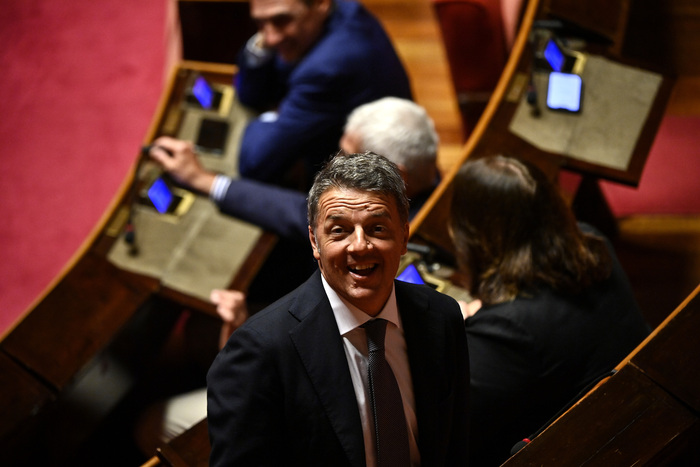Prime Minister Giorgia Meloni’s ruling coalition also wants to reform the Constitution along these lines, but the main opposition parties are against it.
“On the basis of what has been said, this bill has the support of the ruling majority and a part of the opposition, but it has been on ice for nine months,” Renzi said.
“Today we hand it in.”
He said his centrist, opposition party was ready to debate the bill in August, rather than going on holiday.
Under the current system, parties engage in government-formation talks after a general election and then the coalition that forms a ruling majority in parliament agrees on a figure to propose to the head of State to become prime minister.
That figure is not necessarily one of the politicians given by the parties as their prime minister candidate during the election campaign.
Renzi proposed a major overhaul of Italy’s institutional apparatus when he was prime minister, but it was rejected in a referendum, prompting him to quit as head of government in December 2016.
He was head of the centre-left Democratic Party (PD) at the time but he left the main opposition group to form IV in 2019.
Meloni has vowed to revamp Italy’s institutions to ensure government reflects the will of the people and is more effective and stable, saying this was part of the manifesto for her coalition’s victorious election campaign last year.
After talks in May with opposition parties about the direct election of the president as head of government by the people, a French style semi-presidentialism where the head of state is the head of government but picks a PM to carry out their program, and the direct election of the PM by the Italian people, Meloni said the opposition parties had all come out against the idea of directly electing the Italian president, who under the current system is not the head of government but acts a a sort of referee of Italian politics, but said that opinions were varied about the idea of a directly elected prime minister.
“We don’t have any prejudices, but it seems to me that we are going towards a proposal for the direct election of the prime minister,” Deputy PM and Foreign Minister Antonio Tajani said at the time.
ANSA











